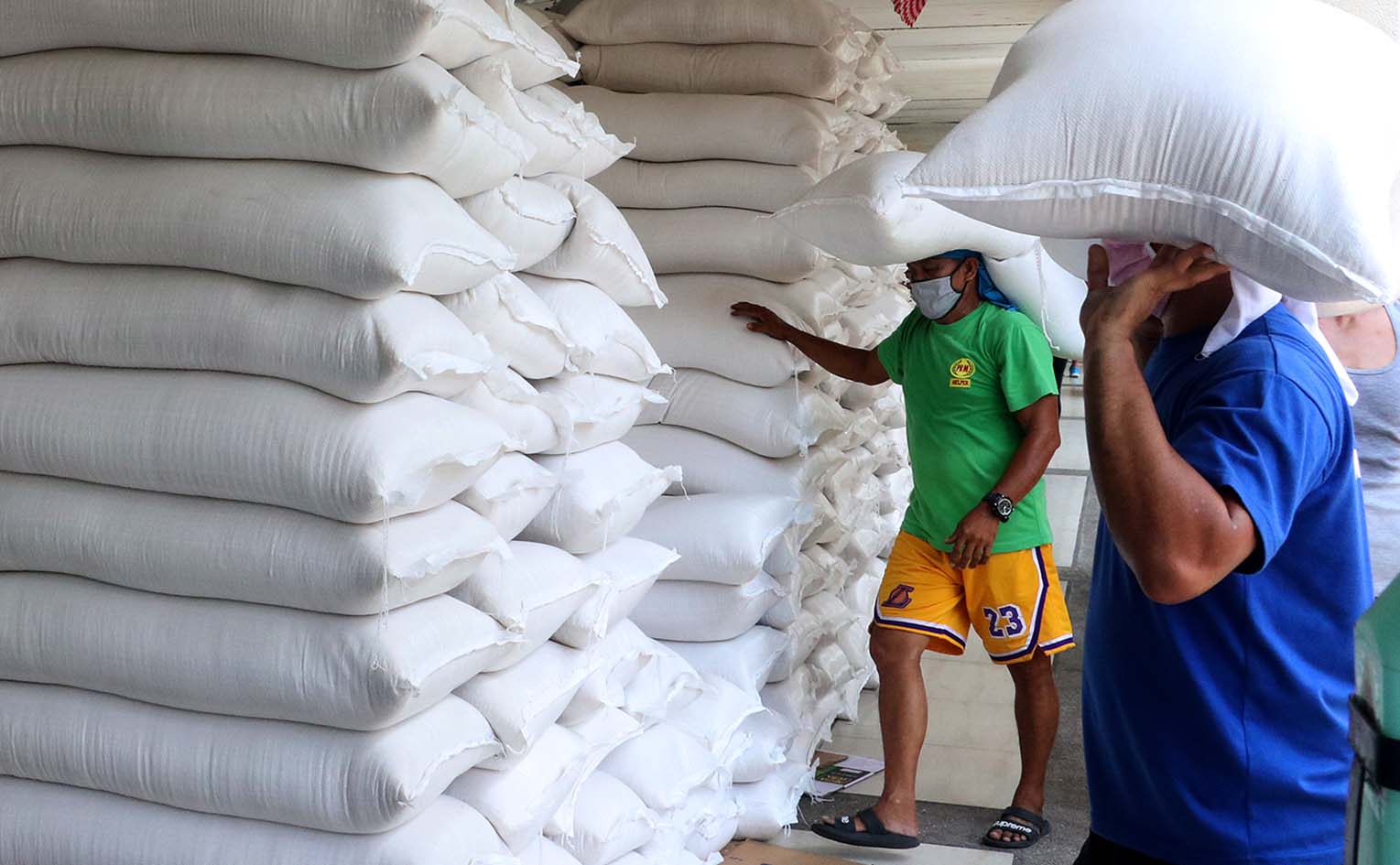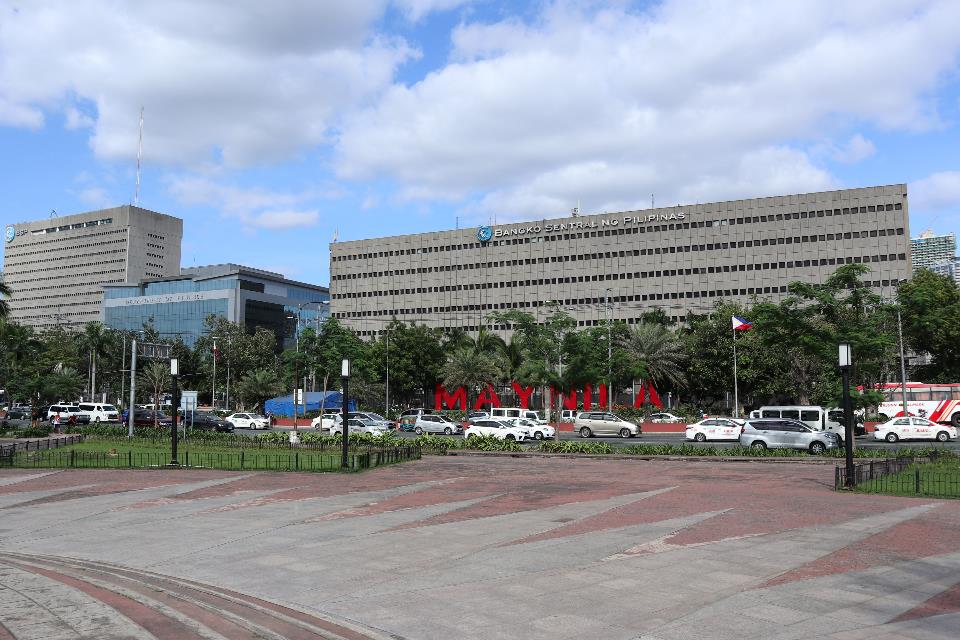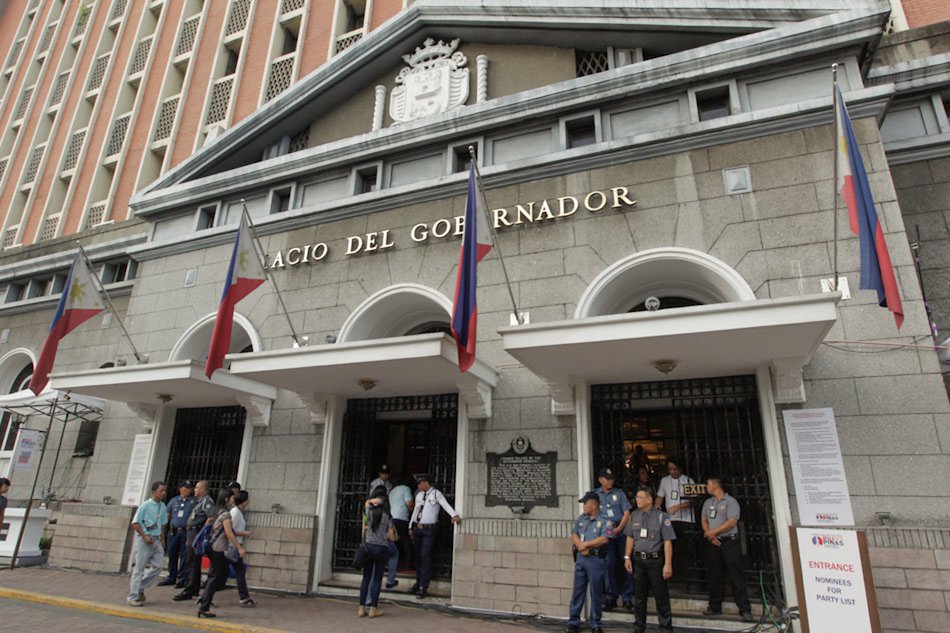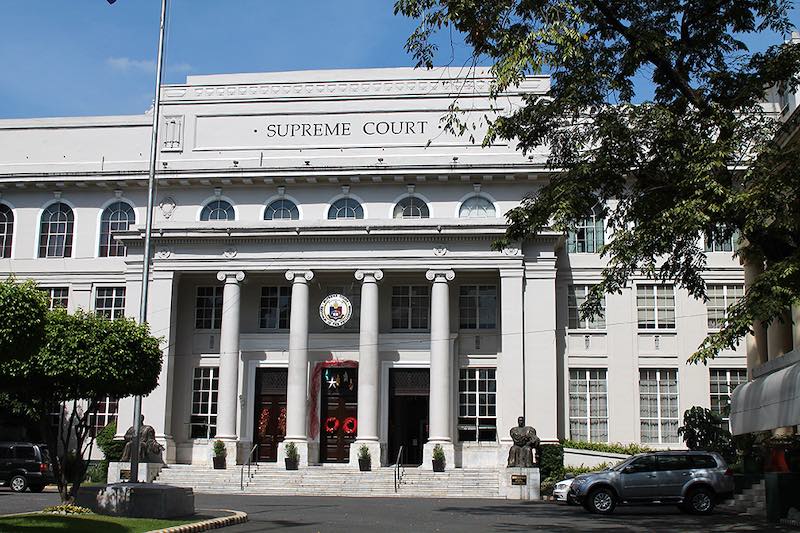SEN. Cynthia A. Villar told the Department of Agriculture (DA) on Monday to keep an eye on farmers’ cooperatives that are importing rice, as they may be used as fronts of unscrupulous traders to avoid taxes.
In a Senate Committee on Finance subcommittee “B” hearing on Monday, Villar raised the issue on the number of farmers’ cooperatives that are importing rice today.
She asked the DA if it is “right” that cooperatives are importing rice without tariffs.
“There are a lot of co-ops importing rice again. Is that right? Cooperatives importing rice without tariffs? Ha? Is that right? Ha?” she asked the department, represented by Agriculture Secretary William D. Dar and Undersecretary Ariel T. Cayanan, during the virtual hearing.
Cayanan responded that cooperatives that are importing rice are slapped with tariffs, based on their communications and earlier verifications with the Bureau of Customs.
However, Villar asked the DA officials to validate the information, citing her experience in the last administration wherein cooperatives were used as fronts of traders in rice importation.
“You validate that. What I know is that cooperatives are free of tariff. Clarify that,” she said.
Villar recalled that she paid the bail of some members of farmers’ cooperatives, who were fronts of traders in rice importation, and were jailed for smuggling in the last administration.
“Traders were using co-ops as a front to import rice. They just give the co-ops a small share then they also smuggled in addition with their rice importation permits,” she recalled.
“Some were caught. The co-ops were jailed in the last administration. I had to pay their bail because they asked for my help,” she added.
The BusinessMirror broke the story last year that unscrupulous rice traders continue to use some cooperatives and farmers’ organizations as “dummies” or “fronts” even after the liberalization of the industry.
Invoke SPS powers
Villar, who chairs the Senate Committee on Agriculture and Food, told the DA to invoke its powers to manage or even limit rice importation in the country to avoid having an oversupply.
“Why is our importation 2.5 million metric tons? If you calculate our shortage, it is not that big. You can tell the one issuing the import permits that importers should not import that huge volume,” she said.
“You can always invoke SPS [sanitary and phytosanitary] permit to lessen [importation],” she added.
Cayanan responded that such is precisely what the DA—through the Bureau of Plant Industry (BPI), the agency tasked to oversee rice importation under the liberalized regime—is doing right now to avert an oversupply which could lead to further declines in prices.
At the hearing, Cayanan disclosed that rice imports this year would only reach 2.1 MMT, making the Philippines just the second largest rice importer behind China.
“We will not be the largest rice importer?” Villar asked the DA. “We will not be ma’am,” Cayanan responded.
The United States Department of Agriculture (DA) earlier projected that the Philippines is poised to become the world’s largest rice importer for three consecutive years next year since overtaking China in 2019.
The BusinessMirror broke the story on Monday that over 2,000 sanitary and phytosanitary import clearances (SPS-IC), representing some 1.9 million metric tons (MMT) of rice, have expired as traders were unable to use the permits beyond the 60-day deadline.
In the same story, this newspaper reported that the DA-BPI only issued 14 SPS-ICs for 14,463 MT of rice to eligible importers for the month of September.
The BPI-NPQSD told the BusinessMirror that it did not suspend the issuance of SPS-IC for rice imports and that it was “managing” the schedule of arrival “to prioritize the distribution of local palay/rice.”
“BPI also conducted a series of meetings with rice importers regarding this matter and has received a commitment that the importers will also manage their importations,” the agency said.
Cayanan revealed that the remaining unused SPS-ICs by eligible rice importers could still cover about 100,000 MT.


































1 comment
To Senator Villar.
Maam we have a shortage in pork, beef and chicken meat production. Why not help the farmers.